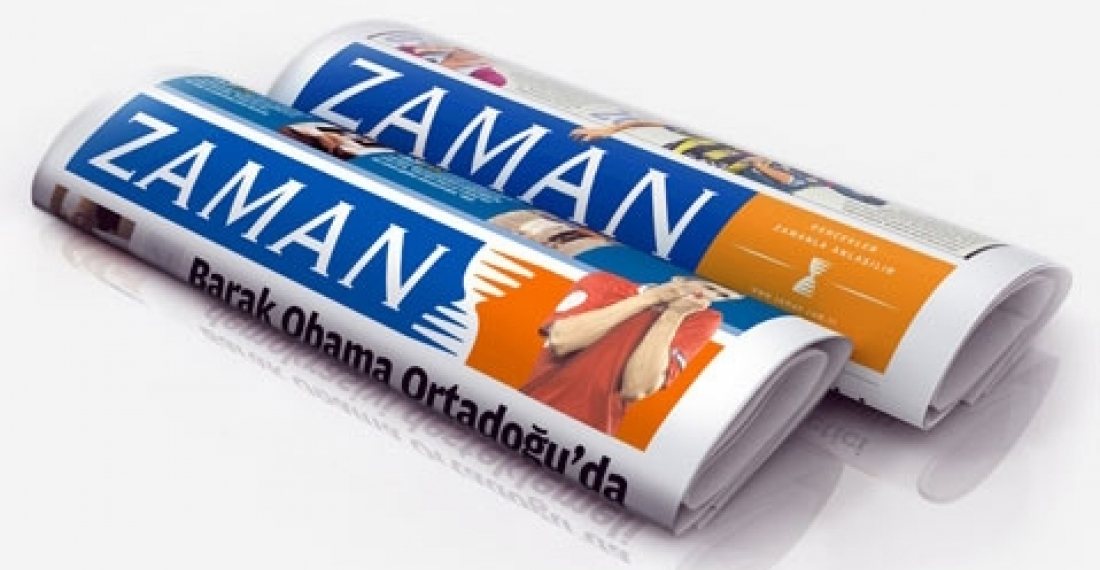Быть армянином в Турции опасно. Необходимость быть «невидимым» превращается в инстинкт самосохранения, вместо того, чтобы дать отпор тем условиям, в которых быть армянином является проблемой. Об этом пишет Алин Озинян в турецкой газете «Заман».
“В Турции доминирую армяне, которые взяли себе второе имя, как будто они члены нелегальной организации. Не хотелось бы обобщать, но большинство армян приняли второе имя. После того, как собеседник слышит твое имя, глаза его расширяются, и он с негодованием переспрашивает: “Что?”, как будто проглотили что-то несъедобное. Когда ты повторяешь свое имя, они обычно раздраженно спрашивают: “Что это значит?” В статье автор отмечает, что обычно армян принимают в Турции за иностранцев или устраивают допрос о происхождении и выдают реплики, типа: “Это совершенно невероятно”, “Вы непохожи на армянку”. Автор отмечает, что армяне предпочитают сменять фамилии, чтобы не сталкиваться с проблемами. Особенно это касается семей, где есть мальчики, потому что вероятность того, что сыновья вернутся со службы в армии в целости и сохранности, невелика.
Автор с огорчение отмечает, что даже среди людей, которые считают себя современными людьми с прогрессивными взглядами, реакция на о то, что ты - армянин оказывается такова, что человек старается быть “дружелюбным”, а не относится к тебе как к равноправному члену общества. В стране делается различие на «наши» и «не наши». Самые прогрессивные турки хвастаются, что они хорошо относятся к армянам, и что у них когда-то были соседи армяне, которые эмигрировали в Америку. Однако никто никогда не задумывается о том, почему армяне, которые “жили счастливо” внезапно покинули Турцию, и что произошло в истории турецкой республики, которой они так гордятся. Они не в курсе о тех кампаниях, которые развернули власти Турции, чтобы заставить людей говорить только на турецком языке.
Автор вспоминает кампанию, устроенную на улицах Стамбула после убийства Гранта Динка, когда этнические турки вышли с плакатами, на которых гласил лозунг: «Мы все армяне”. “Малыши в Турции понимают, что, если они не скажут, что они турки, они не будут счастливы в этой стране. Такая же кампания, где турки ассоциируют себя с армянами, выступая против насилия по этническому признаку, вселяет надежду, что мы можем понимать друг друга, чтобы жить в мире”, - отмечает автор статьи.







